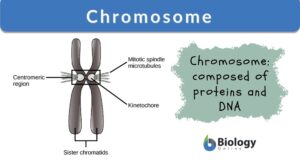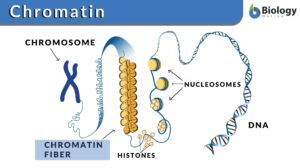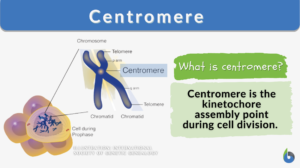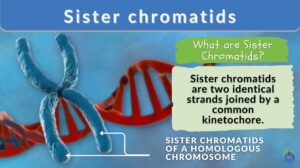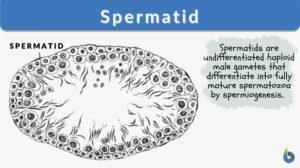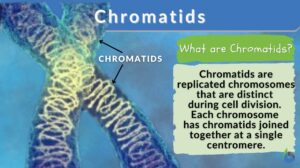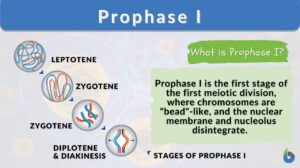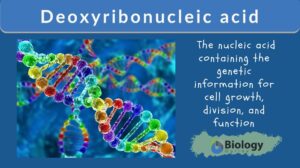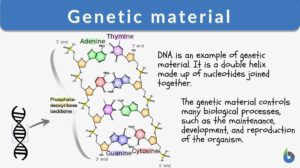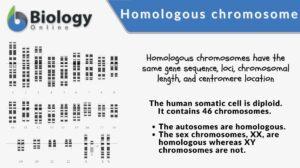Search Results for: histone
Nucleosome
Nucleosome Definition Every organism is made of deoxyribonucleic acid, also known as DNA. DNA is made up of numerous... Read More
Chromosome
Chromosomes Definition Chromosomes are thread-like structures present in the nucleus of plant and animal cells. Chromosomes... Read More
Centromere
Centromere Definition Centromere is defined as the point of attachment for the sister chromatids generated after DNA... Read More
Mitochondrion
Mitochondrion Definition What are mitochondria? The term “mitochondrion” comes from the two words of the Greek... Read More
Sister chromatids
Sister Chromatids Definition Sister chromatids are defined as the two identical copies of a single replicated chromosome... Read More
Molecular Basis of Temperature-Dependent Gender of Red-Eared Slider Turtle
Imagine a child inside a womb with a sex yet to be decided not by the pair of sex chromosomes but by the ambient temperature... Read More
Phosphorylation
Phosphorylation Definition We can define phosphorylation as a biochemical process in which a phosphate molecule is added to... Read More
Eubacteria
Eubacteria are prokaryotic microorganisms consisting of a single cell lacking a nucleus and containing DNA is a single... Read More
Gap 2-M DNA damage checkpoint
Definition noun (cell biology) A control mechanism in G2 phase of the cell cycle that ensures the cell is ready for cell... Read More
Nucleoplasm
Definition noun plural: nucleoplasm nu·cle·o·plasm, ˈnjuːklɪəˌplæzəm (cell biology) The protoplasm of the... Read More
Nuclear body
Definition noun plural: nuclear bodies nu·cle·ar bod‧y, ˈnjuː.kli.ər ˈbɒdi Any of the prominent non-membraned,... Read More
Chromatids
Chromatid Definition Chromatids are found inside our cells. Chromatids are condensed chromosomes distinguishable during... Read More
Prophase I
Organisms all use mitosis to create more cells in the body. Meiosis, a similar process, is used in some organisms to undergo... Read More
Deoxyribonucleic acid
Deoxyribonucleic Acid (DNA) Definition A nucleic acid refers to any of the group of complex compounds made up of linear... Read More
Genetic material
Genetic Material Definition What is genetic material? Genetic material is the hereditary substance in the cell. It carries... Read More
Homologous chromosome
A homologous chromosome pertains to one of a pair of chromosomes with the same gene sequence, loci, chromosomal length, and... Read More


